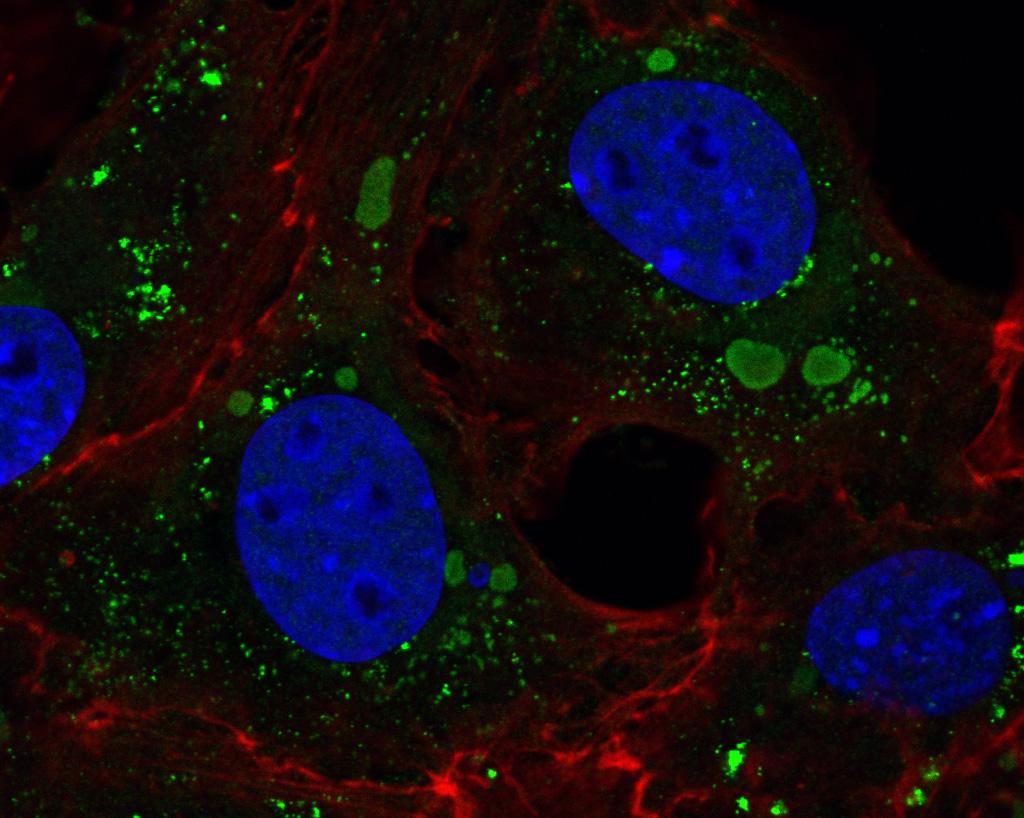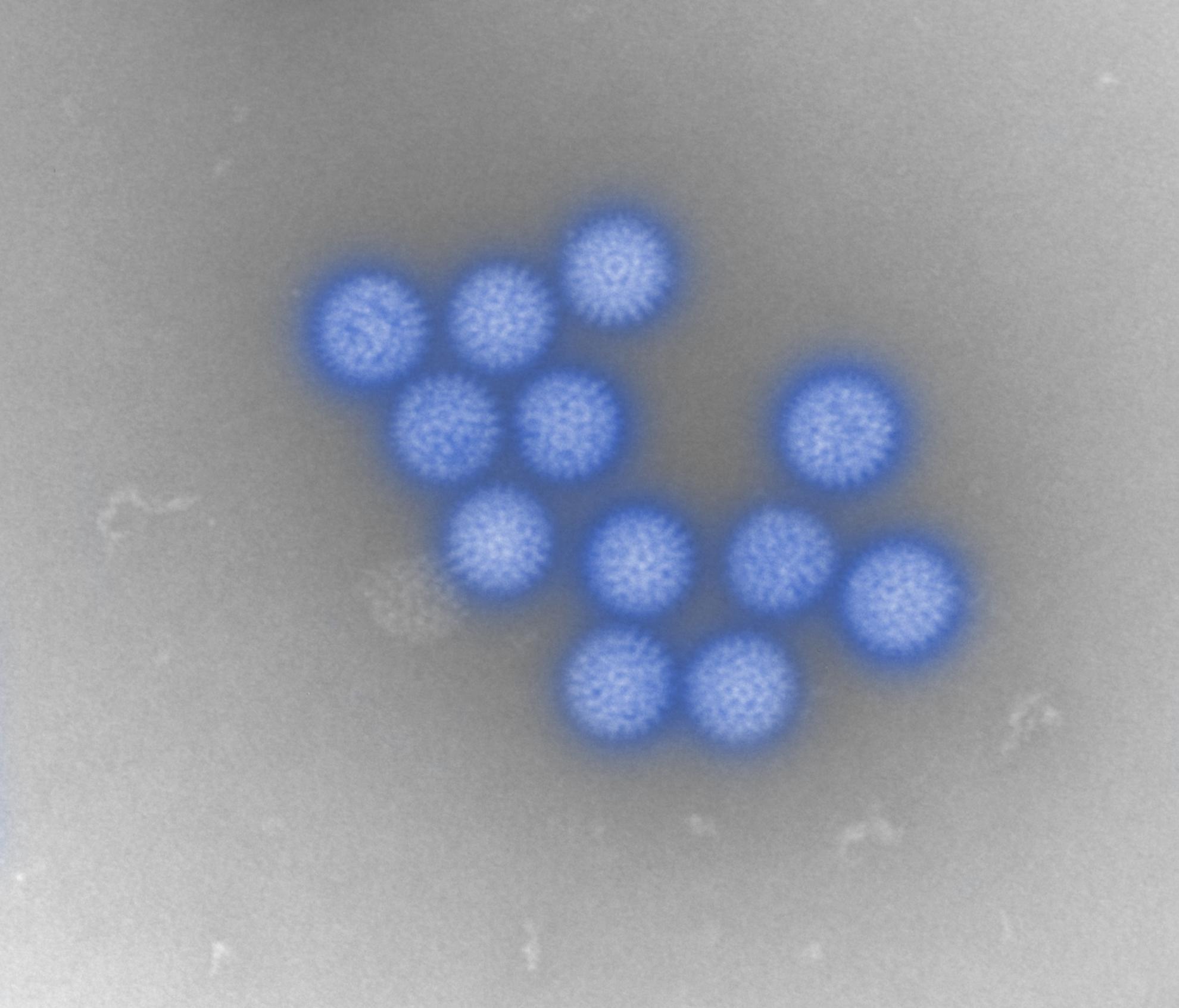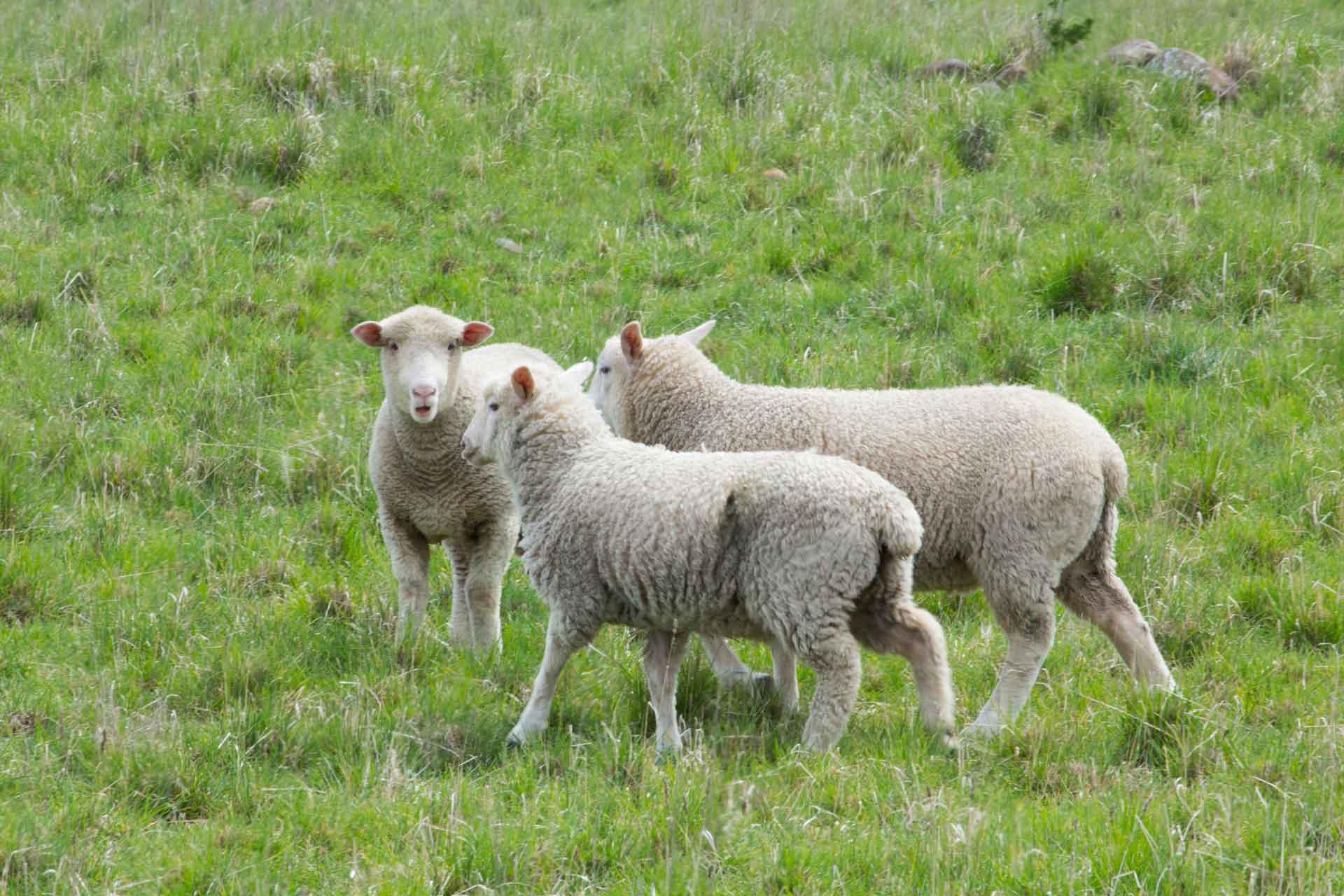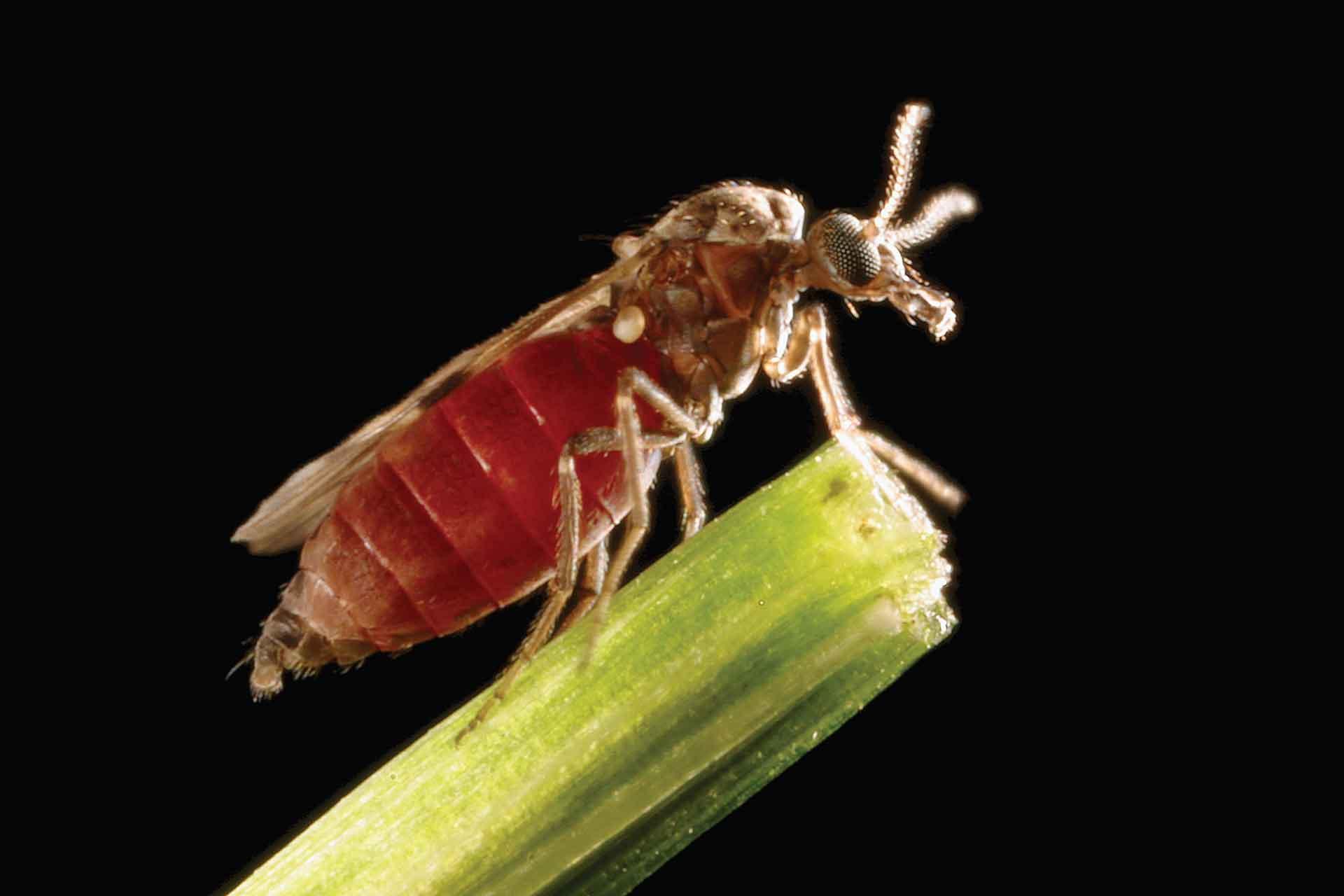Our group
We study the ecology of viral vectors, with a particular focus on Culicoides biting midges, which transmit diseases such as African horse sickness and bluetongue.
Our research investigates the behaviour of different species of vectors and how climate change and other anthropogenic factors, such as land use change and farming practices, affect their distribution, abundance, and ability to transmit diseases.
We seek to gain a greater understanding of the ecological traits of different vector species, and to learn more about their habitat preferences, breeding sites and host choices.
Our research
Our current research includes:
UK Culicoides Reference Laboratory
Our group holds the UK Culicoides Reference Laboratory which carries out national surveillance of Culicoides biting midges and regularly provides policy advice to APHA and Defra. The reference lab also focuses on taxonomy, aiming to understand cryptic species and their different host, habitat, and breeding site preferences as well as the ecological differences between species. This information is crucial in determining the likelihood of vector presence and, consequently, disease outbreaks.
Vector populations in zoos
Our group has a long-standing collaboration with the Zoological Society of London (ZSL). We are conducting research on Culicoides populations within zoos and currently investigating the potential for native species to breed in exotic animal dung.
New technologies
The group will explore the use of new technologies to better understand vector ecology. We will use environmental DNA to understand more about larval Culicoides habitats and the soil communities in which they live. Additionally, we will explore the application of machine learning to identify different species of Culicoides to species level by training software to recognise wing images.
Our impact
Our research contributes to advancing our understanding of the impacts of climate change on disease spread. Additionally, it aims to enhance our knowledge of and protect the UK against emerging zoonotic viral threats. It will generate data to fill important knowledge gaps that will enable more accurate risk assessment of vector-borne diseases.







